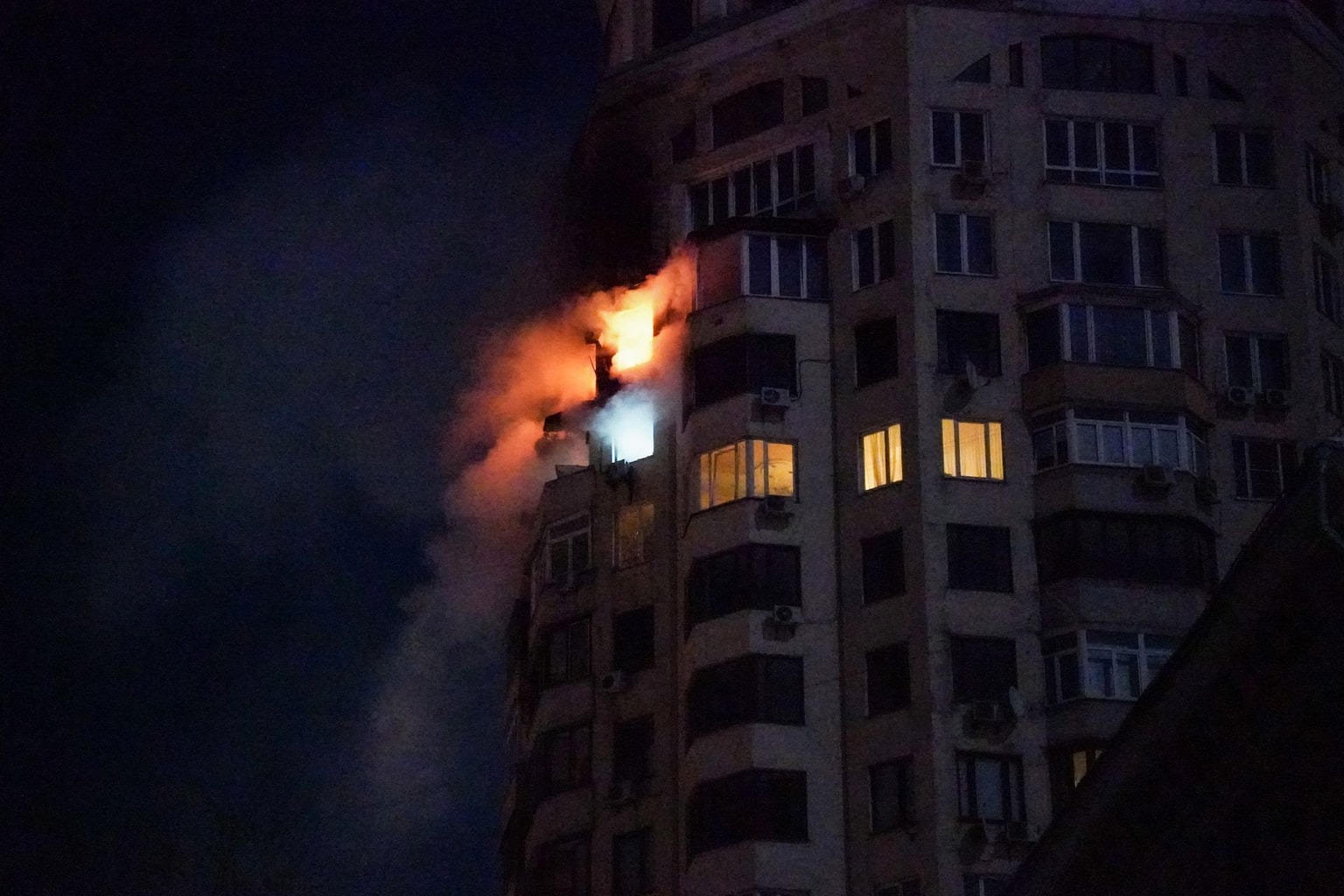Selection panel launches judicial reform

A selection panel on Jan. 21 effectively launched Ukraine’s long-awaited judicial reform process, starting a contest for jobs at the High Qualification Commission, a judicial governing body.
The panel was created in September, but its work has been delayed due to obstruction by Ukraine’s judiciary and uncertainty over the prospects of judicial reform.
A separate panel for hiring and firing members of another judicial body, the High Council of Justice, which is considered discredited by activists, is expected to start assessing incumbent members of the council on Feb. 8.
Nevertheless, there are still significant barriers to successful judicial reform.
On Jan. 21, the selection panel for the High Qualification Commission held its official meeting and announced that candidates could apply for commission jobs from Feb. 4 through March 4.
Canadian judge Ted Zarzeczny was elected as the selection panel’s head.
Zazeczny, a judge of the Court of Queen’s Bench for Saskatchewan, was a member of a selection panel for choosing judges of Ukraine's High Anti-Corruption Court in 2018-2019.
Ivan Mishchenko, a judge at Ukraine’s Supreme Court, was elected as Zarzeczny’s deputy.
The panel also approved the rules of procedure and a methodology for assessing candidates. They will be published on Jan. 24.
Selection panel
The High Qualification Commission vets and initiates the firing and hiring of judges. Its decisions are subject to approval by another judicial body, the High Council of Justice.
The previous High Qualification Commission was dissolved under another judicial reform law in 2019, and a new commission has not been formed since then.
The selection panel for choosing the High Qualification Commission comprises three Ukrainian judges and three foreign experts. At least four panelists will be needed to approve candidates, and foreign experts’ opinion will prevail when the vote is equally split.
However, a quorum of four members at selection panel meetings may allow judges to block such meetings by failing to attend.
Another problem is that the High Council of Justice, which has consistently protected corrupt judges, will have a great deal of influence over who gets chosen to the High Qualification Commission, and this may sabotage the attempt at reform. The council will choose 16 appointees for the High Qualification Commission out of 32 candidates nominated by the selection panel.
Members of the High Council of Justice have also previously threatened to resign en masse in protest against the judicial reform, and two of them stepped down on Jan. 20. A mass resignation could disrupt the reform by depriving the council of a quorum to appoint candidates to the High Qualification Commission.
Under the law, half of the new High Qualification Commission members must be judges. Civic activists think this will preserve the old corrupt judiciary.
Other obstacles
A lot also depends on how the selection panel will assess candidates for commission jobs.
Vitaly Tytytch, ex-head of judicial watchdog Public Integrity Council, told the Kyiv Independent that, if the panel chooses an assessment methodology used in previous judicial contests, it would be easy for politically influenced and dishonest candidates to get into the commission.
“Dark horses” about whom little is known will likely get seats on the new High Qualification Commission, and no professional, strong and independent candidates will be chosen, he argued.
In some of the previous contests only candidates about whom there was solid proof of wrongdoing were vetoed. But Tytych supports a different approach: choosing the most professional, independent and impeccable candidates and vetoing the rest.
Corrupt actors in Ukraine’s political establishment may also use courts to destroy the reform. In October, the Supreme Court asked the Constitutional Court to review the judicial reform law, which may lead to its cancelation.
This has already happened to the selection of the chief anti-corruption prosecutor, which was disrupted in December by a Kyiv District Administrative Court ruling. The court is headed by infamous judge Pavlo Vovk, who has been charged with corruption and obstruction of justice.










